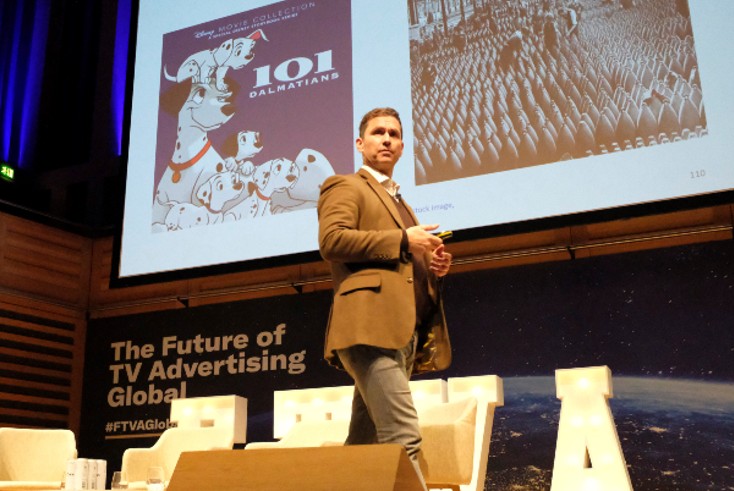Will TV avoid the fate of newspapers?


What does the Russian Revolution have in common with news publishing and, potentially, TV?
According to media and marketing analyst Ian Whittaker, a fanatical minority, an apathetic majority, and a weak authority created the conditions through which revolution can succeed both in 1917 Russia and 2000s media.
In the case of news publishing, Big Tech represented the fanatical minority wanting to overthrow the status quo of the then-nascent digital advertising space; advertisers were the apathetic majority, as they care little about what platforms they support so long as they are reaching intended audiences; and newspapers were the weak authority.
Big Tech, helped along by an “ultraliberal” regulatory environment led by the Obama administration, low interest rates making borrowing easy, the rollout of 3G and 4G technology to expand the digital userbase, and weak leadership from existing publishers, won the digital revolution, Whittaker explained to a crowd at The Future of TV Advertising Global in London this month. The likes of Google and Meta are now the dominant force in digital advertising, rather than extant publishers.
“TV risks falling into the same trap,” he said.
Applying the same thinking to TV, YouTube and TikTok represent TV’s fanatical, insurgent minority. “The question is whether TV is going to be a weak authority,” said Whittaker. “At the moment the signs are not particularly great on that.”
Whittaker argued TV must “work out [its] core competency” and press its advantage to avoid becoming a dying medium.
“TV can provide brand safe, professionally-generated content that has a massive distribution and an audience that wants to watch it. That’s extremely valuable.”
Once TV realises that distilled core competency, the number of areas TV can touch can expand, Whittaker said.
Throughout the conference, a debate emerged over whether TV should embrace the idea that it is really just a medium for “video content,” much like the ascendant TikTok and YouTube. Broadcasters have thus far avoided or otherwise pushed back on such branding efforts for fear it will devalue TV’s relative prestige and advertising proposition.
But, argued Whittaker, the same content that is well-watched on a platform like TikTok — how-to videos, cooking shows, news, comedy and more — are bedrocks of TV.
“There’s a huge amount of short-form content that could be used by the TV companies and could actually target audiences that are looking for short-form video. It does not have to be about user-generated content. […] There’s a huge amount of content out there in terms of shows produced now and in the past that actually broadcasters can use to capture some of this market.
“If TikTok and YouTube are turning around and saying, ‘We are alternatives to traditional TV and you should move your TV advertising revenues across,’ why shouldn’t broadcasters be doing the same and say, ‘Well actually, we’re a credible alternative to revenues you’re giving to YouTube and TikTok’?”
Continuing with another historical reference, Whittaker then compared the state of TV to Europe in 1940. Adapting a quote from Winston Churchill to replace the word “France” with “newspapers”, Whittaker displayed on his presentation slide: “The completely defensive habit of mind which has destroyed [newspapers] must not be allowed to ruin all our initiative. An effort must be made to shake off the mental and moral prostration to the will and initiative of the enemy from which we suffer.”
“TV at the moment risks getting into the very same defensive mindset,” Whittaker explained. “They’re essentially talking about the need to protect what it has rather than think about the opportunities of the future. And that opportunity potentially is around digital revenue.”
